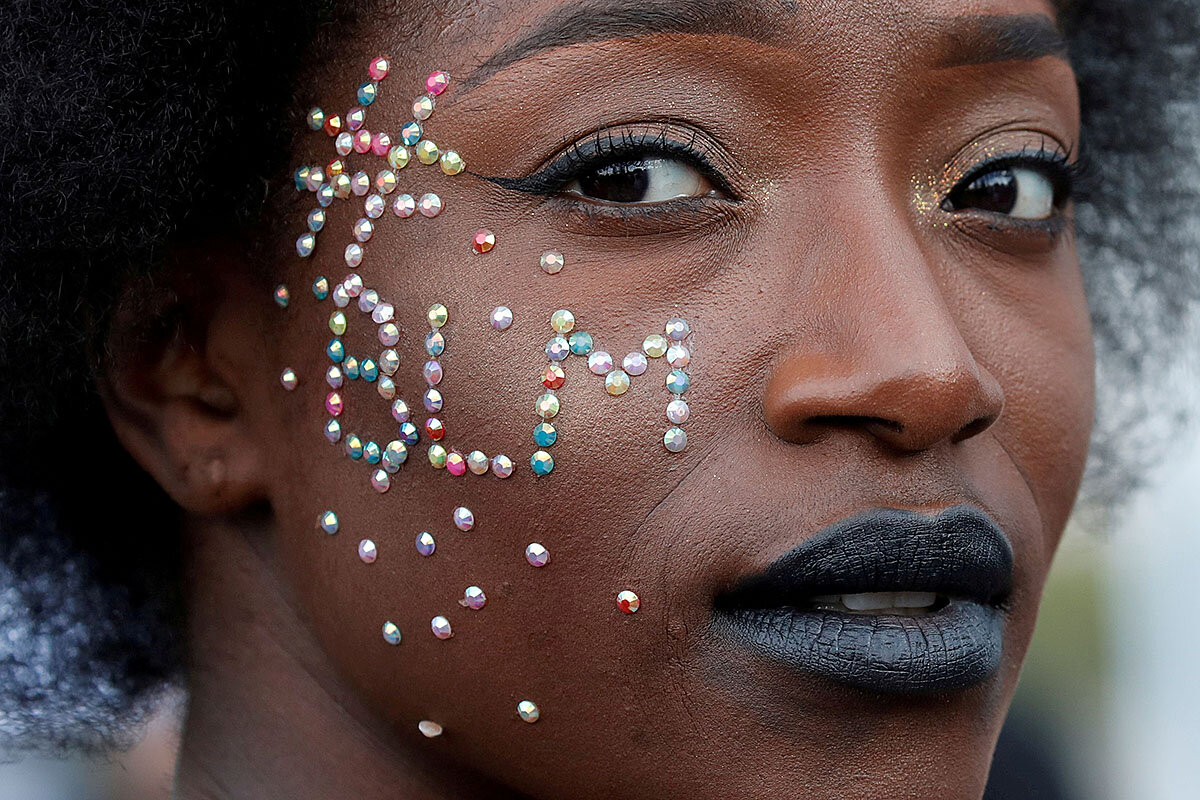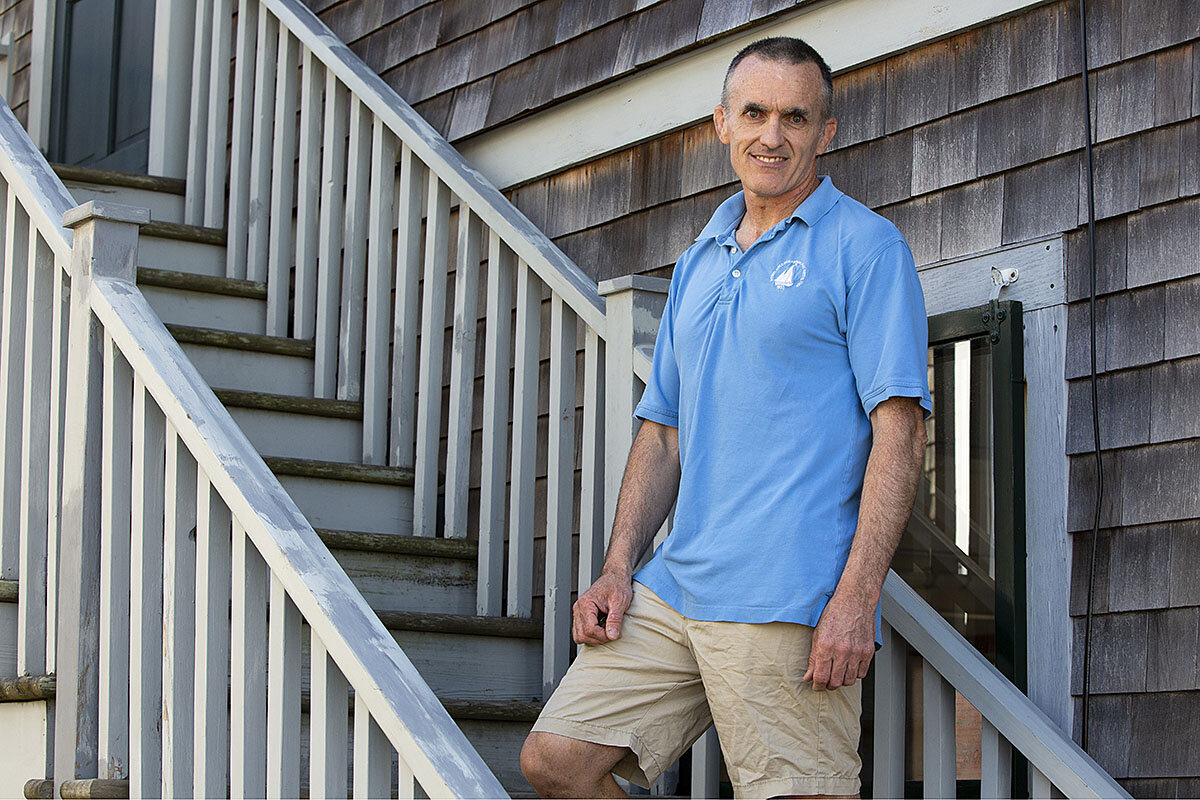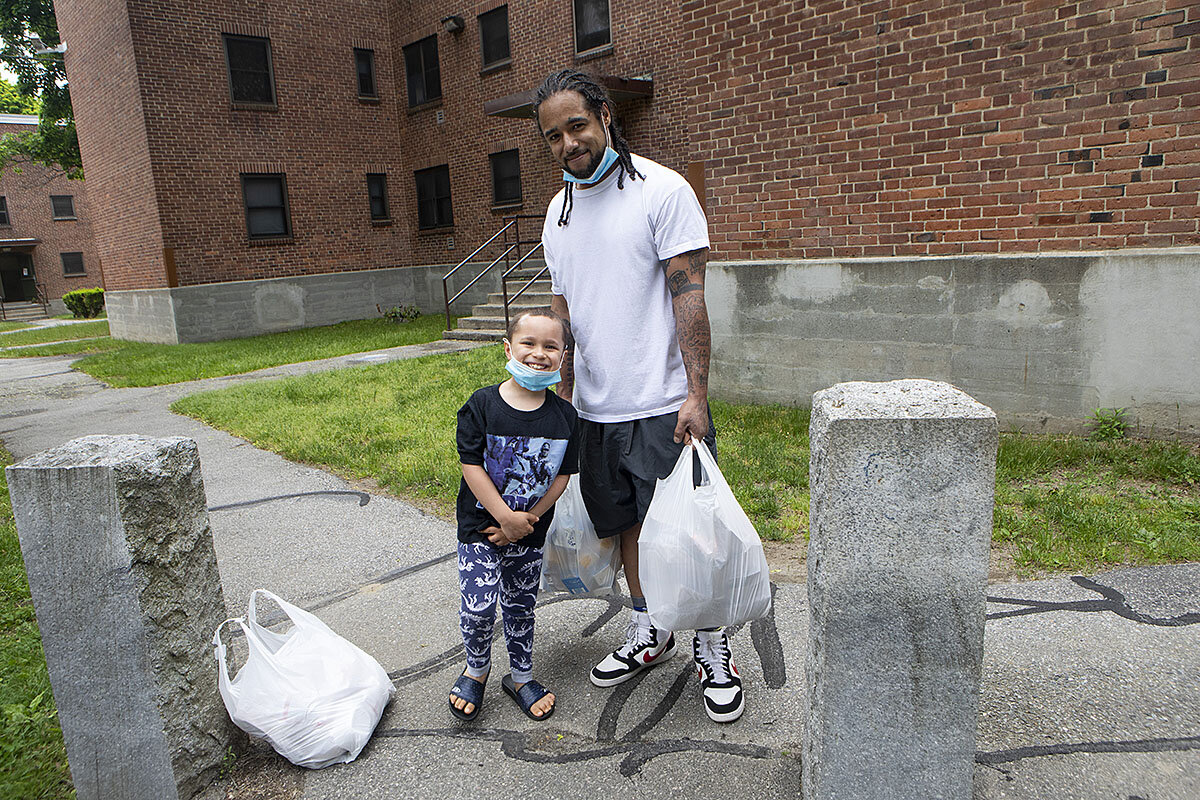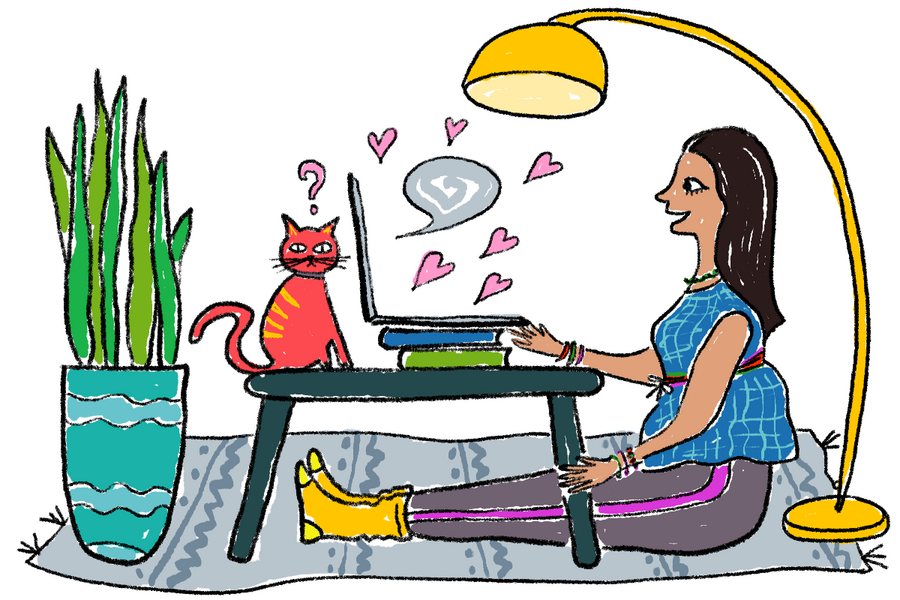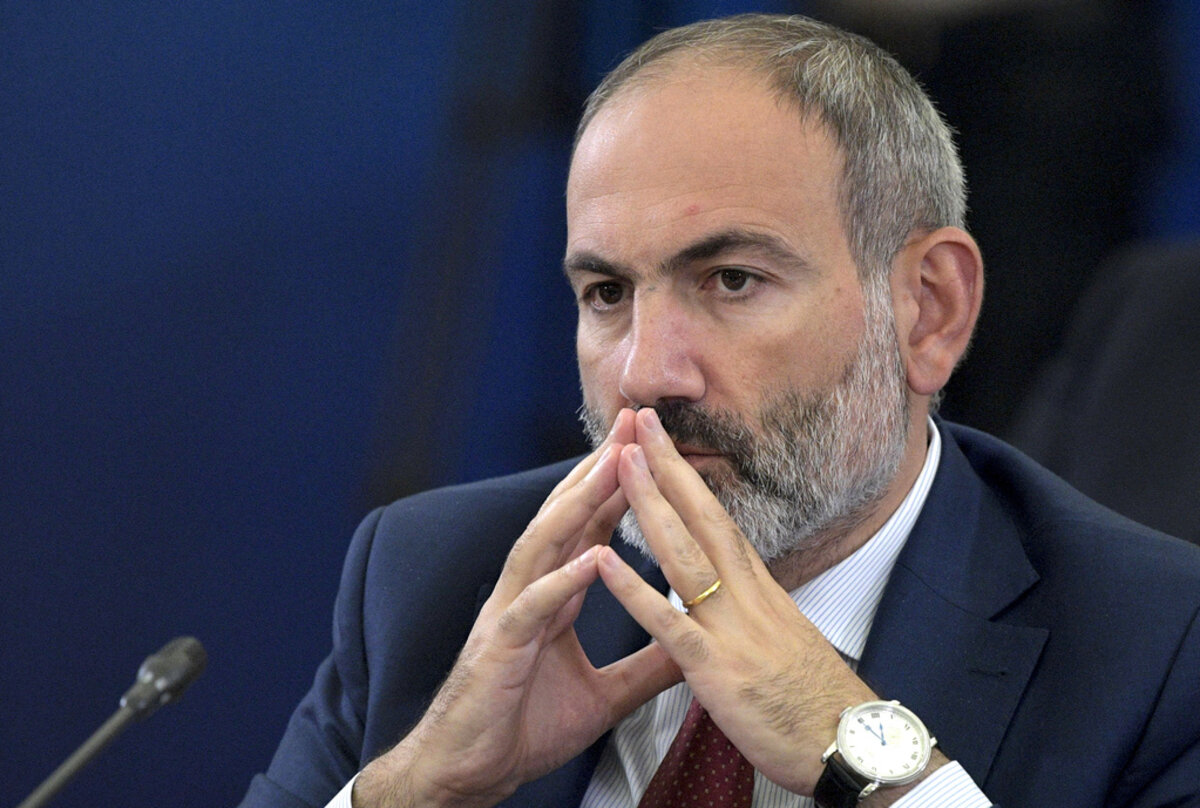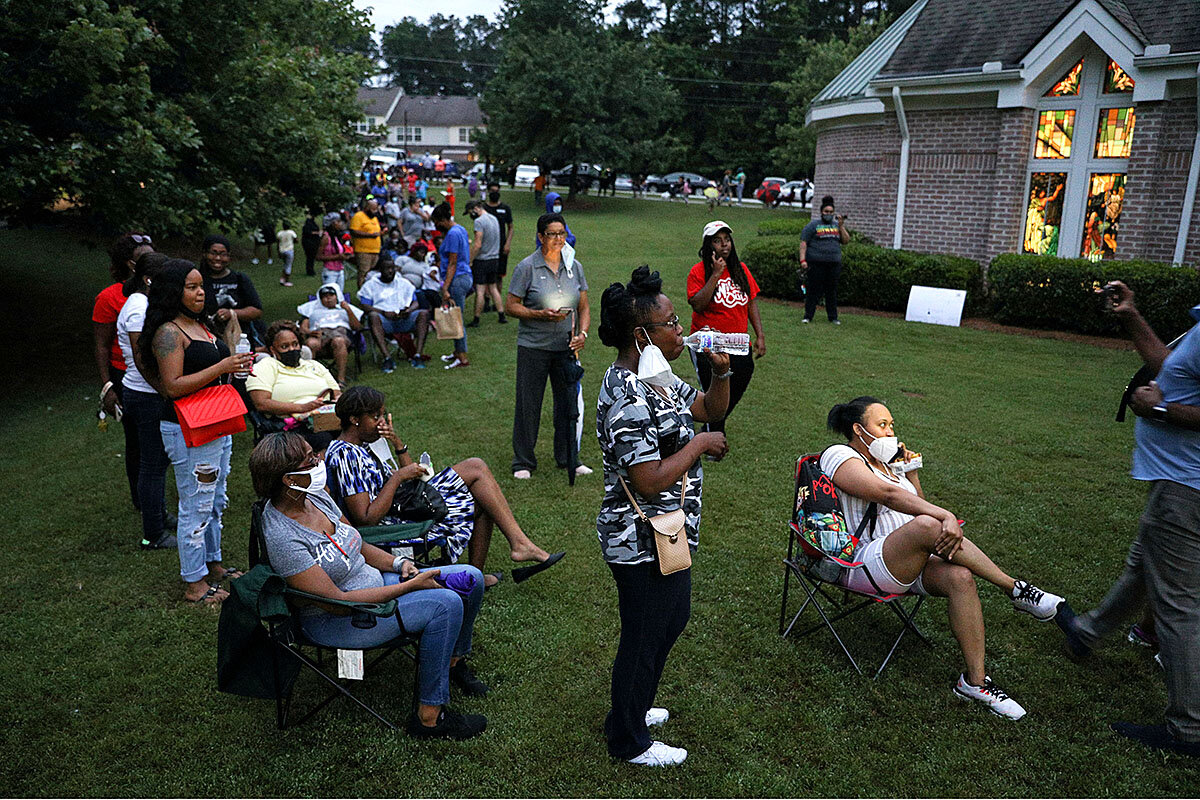The killing of George Floyd has sparked protests outside the U.S., and not just about American police injustice. Those abroad are raising their voices about racist policing at home.
Monitor Daily Podcast
- Follow us:
- Apple Podcasts
- Spotify
- RSS Feed
- Download
 Mark Sappenfield
Mark Sappenfield
An indelible image from the protests has been police kneeling with protesters. A significant development has been a rise in calls to “defund the police” – with Minneapolis, the city where George Floyd was killed by police – considering just that. Underlying both of these developments is a more fundamental question: What is our view of power and its influence on American policing?
In a recent interview for Vox, Black author Ta-Nehisi Coates suggests nonviolence is the gift of protesters to those in authority, showing a higher and more humane mode of action. “The people who are called on to be nonviolent are the people with the ability to do the least amount of damage; whereas, we don’t call upon those who have the most power and actually can do the most damage.”
What would nonviolent policing look like? How would a country that embraced the power and principles of nonviolence act? Those answers are neither obvious nor easy. But the deeper demand of today is an expanded sense of love for all – a truer “us.”
Writes Professor Ibram X. Kendi on Twitter: “I love. And because I love I resist. There have been many theories on what’s fueling the growing demonstrations against racism all over America, from small towns to large cities. Let me offer another one: Love. We love.”




